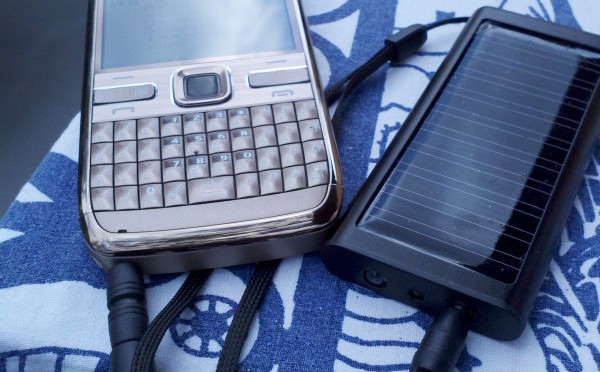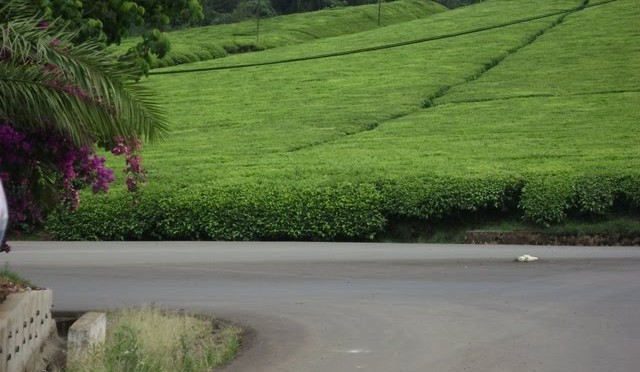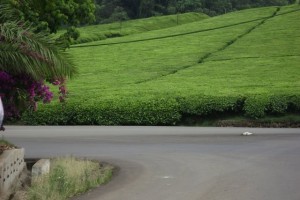One year after the euphoria of a new constitution, the direction of the economy is uncertain as seen in the weakening Kenya shilling, tangles in implementation of the constitution, and rising food prices. It has been a year of some price controls in the fuel, and possibly in the food sector whose parliamentary price control bill was signed into law last week by the President.
Comparing prices to six months ago and last year. On to the index
Gotten Cheaper: Nothing really.
About the same:
Communication: All Kenya’s mobile phone companies have call rates of about Kshs 3 shillings ($0.03) per minute to call across networks. It is unclear what will happen with call rates, as the smallest company in the market, Yu, launched free daytime phone calls, Airtel Kenya lost a CEO, and Safaricom has indicated that they may raise their call rates, as has happened in Uganda with MTN . The real battle is in data, where prices have not really dropped but companies are offering more speeds for less. The market here is divided between the companies with 3G (Orange & Safaricom) who compete on speed, and those without 3G(Airtel & Yu) who offer cheap internet rates of about Kshs 50 (~$0.5) per day for unlimited use.
Another communication developments that, in a way, lower the cost of business include the launch last week at G-Kenya of GKBO, which encompasses free website creation tool, domain registration, and site hosting for small companies by Google in Kenya.
Utilities: The bill on pre-paid electricity is still at about Kshs 2,000 ($21) per month, and getting about 30 – 35 units per buy via M-Pesa. However that is expected to go up after notice was issued for rates to go up 22% per kwh unit. So what alternatives are there? In a somewhat timely move, Samsung launched the NC215, a solar powered netbook laptop last week. It gives 1 hour of power for every 2 hours of charge in the sun, has a 15-hour battery life, and is able to charge other devices by USB even when it is off.
Also got a gift of a solar phone charger (T2126 Hemera from Hirsch) that works quite well; it takes about 12 hours to charge in the Sun or 2 hours via USB, has a flash light and can charge a variety of phone models.
But when you look at the rapid advances in laptop batteries and cell phone batteries over the lasts decade, you get the feeling that there has been a lag in the pace of solar devices, and that more solar based solutions and advances should be emphasized.
More Expensive
Fuel: A litre of petrol fuel, which is regulated by the Government, now costs 117.75 (~$5.6 per gallon) in Nairobi. Regulated fuel has proven to be more expensive than unregulated fuel, and while this can be attributed to the weaker shilling and fluctuating oil prices, the formula used to arrive at the price remains vague, and the limit on margins (stipulated buying and selling price of petrol, diesel, kerosene in each town) appears to have hurt small oil industry companies, more than large ones. However, among the listed companies, Kenol appears to have weathered the regulatory regime better than Total, by having diverse operations in other countries in East and Central Africa that remain unregulated.
Staple Food: Maize flour, which is used to make Ugali that is eaten by a majority of Kenyans daily. A 2kg bag which cost Kshs. 80 six months ago, and Kshs 65 a year ago, is now Kshs 119, the highest it has been in the short history of this index.
Other food item: Sugar : A 2 kg. Mumias pack which has hovered at about Kshs 200 for the last years, now costs Kshs. 385 (90% more than last year) and . The sugar sector has really gone full circle causing many to questions its relevance, recurring shortages shortage (why all factories close at the same month for maintenance), why sugar is grown in a food producing area and how many items we can consume without having to use sugar as a sweetener e.g. tea without sugar, or use of honey as a substitute.
Foreign Exchange: 1 US$ equals Kshs 95.6 compared (now 96.8) to Kshs 80.8 a year ago (and 83 in June 2011) – a loss of almost 20% in a year. It’s unclear of this has been a concern to the Central Bank which has made other confusing policy moves as related to interest rates at a time of mounting government debt and their laxity has enabled banks to spot and take advantage of an arbitrage opportunities to trade with government money.
Beer/Entertainment: A bottle of Tusker beer is Kshs 180 ($1.9) (at a local pub) a slight increase from compared to Kshs. 170 a year ago. However beer has become out of reach for many poorer Kenyan who have resorted to drinking unsafe local brews, which in some unfortunate cases have resulted in blindness or even death.



